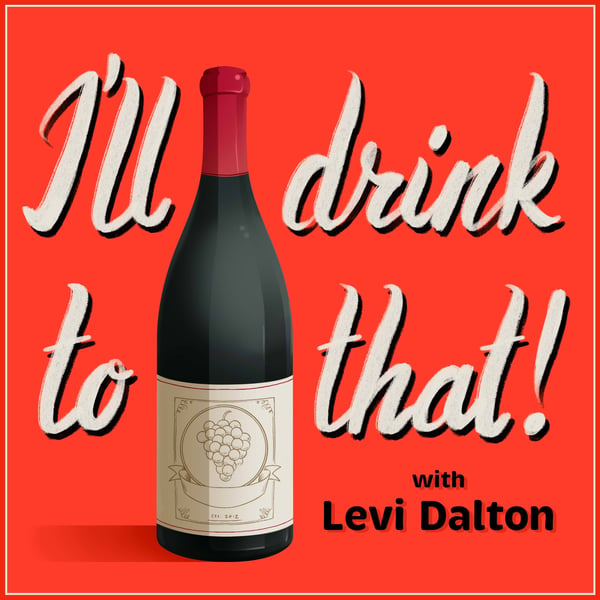IDTT Wine 469: Mimi Casteel Thinks Your Sustainability Sucks. Try Again.
I'll Drink to That! Wine Talk
Levi Dalton
4.8 • 1K Ratings
🗓️ 10 July 2019
⏱️ 114 minutes
🧾️ Download transcript
Summary
Mimi Casteel is the owner of the Hope Well Vineyard, in the Willamette Valley of Oregon.
Her family owns the Bethel Heights Vineyard, also in Oregon. Mimi takes on issues like land use, agricultural practice, and vineyard work in this interview, stressing the importance of a connection with nature. She argues against reductionist approaches in the vineyard, and against a goal of species elimination. She also explains how she has worked to combat phylloxera through ecology. Mimi discusses her larger worldview when making several of these points, which is that complexity equates with security in the natural world. And she delivers a warning about the difficulties that already affect our world, and which she feels may be catastrophic in the future. Topics like oxidation, reduction, and minerality in wine are also discussed within this episode.
See Privacy Policy at https://art19.com/privacy and California Privacy Notice at https://art19.com/privacy#do-not-sell-my-info.
Transcript
Click on a timestamp to play from that location
| 0:00.0 | I'll |
| 0:06.0 | I'll drink to that where we get behind the scenes of the I'll drink to that where we get behind the scenes of the Beverage Business. |
| 0:11.0 | I'm Levy Dalton. |
| 0:12.0 | I'm Erin Scala. And here's our show today. Mimi Castile of Hopewell Vineyard on the show. Hello, how are you? |
| 0:33.4 | I'm well, thank you for having me. |
| 0:35.0 | It's very nice to see you. |
| 0:36.6 | And we're kind of in the neck of the woods of which you grew up because you grew up at |
| 0:40.7 | Bethel Heights, the winery. |
| 0:43.0 | And your family owned that. |
| 0:44.5 | That's right. |
| 0:45.2 | I was a little baby when we moved here |
| 0:48.2 | and basically was riding in a backpack |
| 0:51.6 | when the first sticks were going in the ground. |
| 0:53.7 | So what was your childhood like on a farm? |
| 0:57.7 | It wasn't like a farm, it was like a wonderland and I still remember the creek and how the vegetation along the creek had these very specific |
| 1:12.0 | smells that are still so much a part of my DNA and how as we were putting |
| 1:19.3 | the Vineyard in, we were literally just putting it in through this amazing habitat and that persisted over time because of the way that we farmed and the potential for this one plant, this perennial |
| 1:38.8 | plant to lay down on the landscape and be able to translate that into a product without having |
| 1:47.1 | to otherwise destroy that habitat. |
| 1:50.9 | Because if you believe in place, then you have to think that what's there is what makes it. |
| 1:57.4 | So it was amazing. |
| 2:01.2 | It was before parenting was quite as rigorous as it is now, so we were left alone a lot, long hours to ourselves to |
... |
Please login to see the full transcript.
Disclaimer: The podcast and artwork embedded on this page are from Levi Dalton, and are the property of its owner and not affiliated with or endorsed by Tapesearch.
Generated transcripts are the property of Levi Dalton and are distributed freely under the Fair Use doctrine. Transcripts generated by Tapesearch are not guaranteed to be accurate.
Copyright © Tapesearch 2025.

